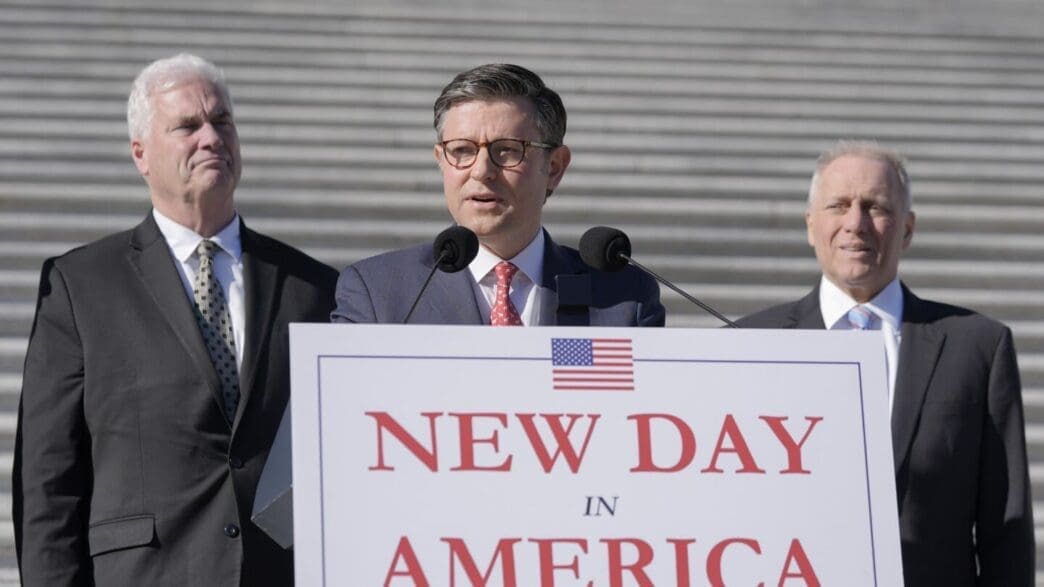In the wake of a significant election victory, the Republican Party, with President-elect Donald Trump at the helm, is focusing on an assertive 100-day agenda. This plan initiates with renewing substantial tax cuts, reflecting the priorities that defined Trump’s initial term.
The Republicans, having gained control of both Congress and the White House, are gearing up for a sweeping legislative agenda. Key among these aims is the renewal of tax cuts amounting to $4 trillion, a continuation of the domestic policy achievements from Trump’s first term. Steve Scalise, House Majority Leader, underscored the urgency of being prepared from the outset as they convene to plot the road ahead.
This ambitious agenda seeks to revisit and possibly intensify long-standing discussions about national priorities, economic disparities, and government scale amidst looming federal deficits nearing $2 trillion annually. These conversations will test the Republican ability to deliver tangible outcomes given the electoral mandate.
The agenda also includes plans to end COVID-19 subsidies used for health insurance acquisition, impose stricter food stamp regulations, and reduce green energy initiatives from Biden’s administration. Furthermore, it proposes mass deportations and government downsizing.
Republicans are determined to rekindle the tax debate reminiscent of 2017, when initial efforts to dismantle Democratic healthcare reforms faltered. The focus then pivoted to tax cuts, generating significant benefits for affluent households while marginally benefiting lower-income earners. Lindsay Owens, Director of the Groundwork Collaborative, emphasized that soaring income inequality in the U.S. is intrinsically linked to these tax strategies.
In preparation for Trump’s return, Republican lawmakers have engaged in prolonged discussions to devise strategies to extend these tax breaks, crucial elements of which are set to expire by 2025. This includes maintaining current tax brackets and deductions for individuals and businesses classified as pass-through entities.
The fiscal impact of sustaining these tax cuts without compensatory revenue measures is substantial. However, some Republicans assert that these cuts will eventually self-finance through anticipated economic growth. Trump’s suggestion of utilizing tariffs as a revenue offset further complicates the discourse.
Senator Mike Crapo, poised to chair the Senate Finance Committee, reiterated on a news platform that continuing current tax law is distinct from imposing new taxes, challenging the notion that this strategy would exacerbate the deficit. He stressed the separation between fiscal policies and direct government spending.
Amidst these tax policies, the incoming Congress will contemplate slashing spending on programs like food stamps and healthcare, initiatives that have long been conservative objectives. A particular target is the COVID-19 health insurance subsidy, extended under Biden’s Inflation Reduction Act along with various energy tax credits critics aim to roll back.
The Republican plan includes utilizing budgetary reconciliation, a procedural tactic allowing passage in Congress without a Senate supermajority, to advance their objectives. This mirrors past Democratic moves on significant legislations, including healthcare and economic reforms.
Despite facing potential Democratic resistance, Speaker Mike Johnson has expressed intent to proceed with an intense legislative pace, driven by a commitment to address pressing issues.
The Republican agenda, led by Trump and congressional allies, signals an era of renewed political strategies and fiscal policies. Their focused 100-day plan not only sets the stage for significant economic reforms but also underscores the ongoing dialogue about America’s socio-economic path forward.
Source: Apnews








